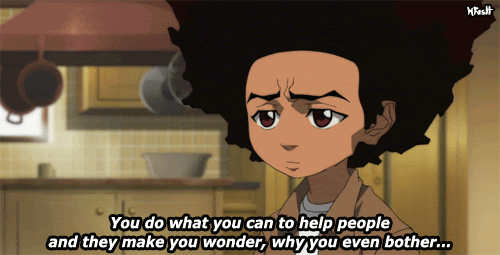Guiding Inquiry: How has research in the field of psychology helped shape our understanding of learned behaviors?
Today's Learning Objective: Students will learn about the principles of operant conditioning, which they will demonstrate by correctly incorporating it into the end of unit assessment.

 RSS Feed
RSS Feed
